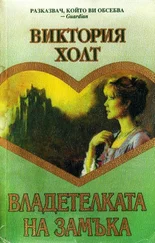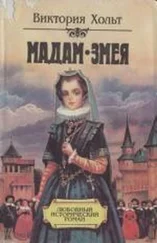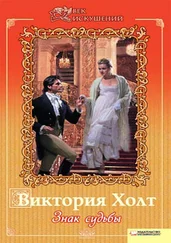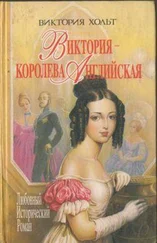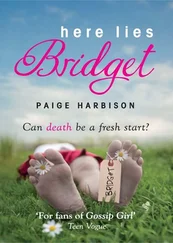“He is welcome,” said Charles.
Huddleston knelt by the bed.
“Is it Your Majesty’s wish to receive the final rites of the Catholic Church?”
The glazed eyes stared ahead. Charles was conscious of little but his pain-racked body. He thought it was Louise who was beside him. Louise making her demands on behalf of the King she was really serving.
“With all my heart,” he said wearily.
“Do you desire to die in that communion?”
Charles nodded.
He repeated all that Huddleston wished him to.
His lips moved. “Mercy, sweet Jesu, mercy.”
Extreme unction was administered. Charles could scarcely see the cross which Huddleston held before his eyes. He was conscious for brief intervals before he swooned with the pain and the exhaustion which was in part due to the terrible ordeal through which his physicians had caused him to pass.
When the priest left, those who had been waiting outside burst into the room.
From her house in Pall Mall Nell looked out on the street. She saw the people silently standing about. London had changed. It was somber out there in the streets.
She could not believe that she would never see him again. She thought of the first occasion she had seen him at the time of his Restoration, tall, lean and smiling, the most charming man in the world. She thought of the last time she had seen him when he had taken her hand and promised to make her a Countess that all might know what love and value he had for her.
And now … never to see him again! How could she picture her life without him?
She sat still while the tears slowly ran down her cheeks.
She thought, I shall never be happy again.
Her son came and threw himself into her arms. He was sobbing wildly.
He knew, for how could such things be kept from children?
She held him fast against her, for in those moments of desolate grief she could not bear to look into that face which was so like his father’s.
She did not think of the future. What did the future matter? Life for her was blank since her King and her love would no longer be there.
Charles lay still, uncomplaining. He was aware that he was dying and that those who crowded into his apartment had come to take their last farewell.
They knelt about his bed, his beloved children, and he blessed them in turn. He looked in vain for one, for he had forgotten that his eldest son was still in exile.
He called his brother to him.
“James,” he said. “James … I am going…. It will not be long now. Forgive me if I have been unkind. I was forced to it. James … may good luck attend you. Look to Louise. Look to my poor children. And, James, let not poor Nelly starve.”
He sank back then; he was conscious of those weeping about his bed. Scenes from his past life flitted before his eyes. He thought he was sore from riding so far to Boscobel and Whiteladies. He thought he was cramped because he was hiding in an oak while the Roundheads searched for him below.
But then he knew that he was in his bed and that soon this familiar room would be his no more.
“Open the curtains,” he said, “that I may once more see the day.”
So they drew them back, and he stared at the window. He listened to the sounds of his city’s waking to life, and he slipped into unconsciousness again.
He was breathing so painfully that his gasps mingled oddly with the ticking of the clocks. His dogs began to whimper. Then, just before noon, he fell back on his pillows and ceased to live.
Bruce, who had loved him dearly, said as the tears rolled down his cheeks: “He is gone … my good and gracious master, the best that ever reigned over us. He has died in peace and glory, and may the Lord God have mercy on his soul.”

